Stay Connected Blog
Thank you for checking out our blog. We hope you'll find this information both informative and educational. Any reference made in this blog to a specific product, process, or service does not constitute or imply an endorsement by Connected Credit Union of the product, process, or service, or its producer or provider.

Financial New Year’s Resolutions
Start the year strong with practical tips to help you set—and stick to—your financial resolutions.

Online Shopping Tips
Using your credit card online can be scary, especially with so many different types of scams and phishing attempts online trying to steal your information. We’ve got some tips and tricks to help you use your credit card to shop safely, online.

Holiday Meals for Mainers
Our credit union is joining the Campaign for Ending Hunger’s Holiday Meals for Mainers
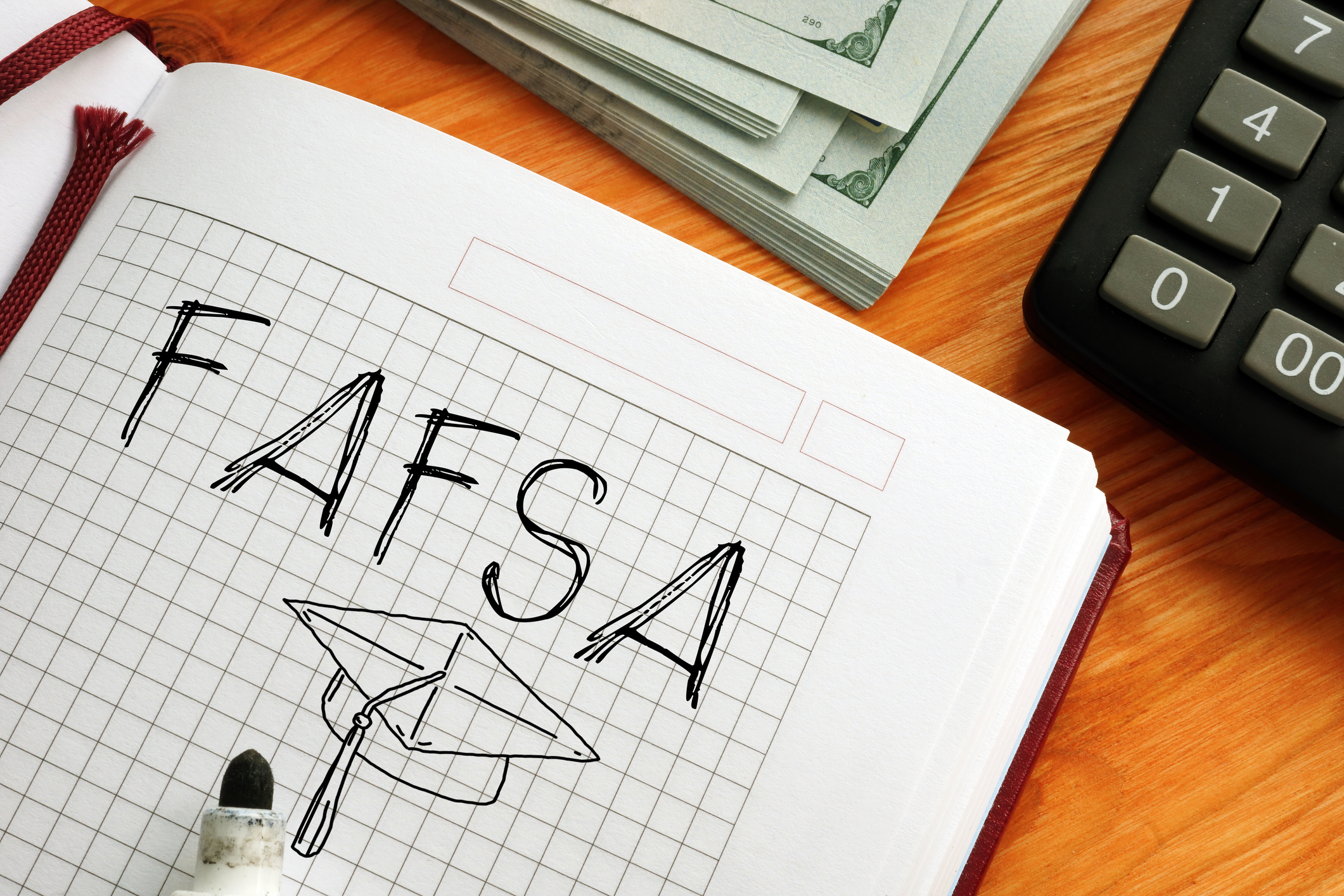
FAFSA is Live
At Connected Credit Union, we're committed to helping our members achieve their educational goals. That’s why we're excited to inform you that the Free Application for Federal Student Aid (FAFSA) for the upcoming academic year is now available.
.jpg)
Phone Call Fraud
Receiving an unexpected call about fraud on your account from a number that appears to be originating from our credit union, or another financial institution, can be alarming.
.png)
Update Software Promptly for Safety
When we see an update alert, many of us tend to hit “Remind me later.” Think twice before delaying a software update!
.png)
College Financial Tips
Are you starting college this year? We've compiled smart tips to help college students budget better, save more, and build strong financial habits.
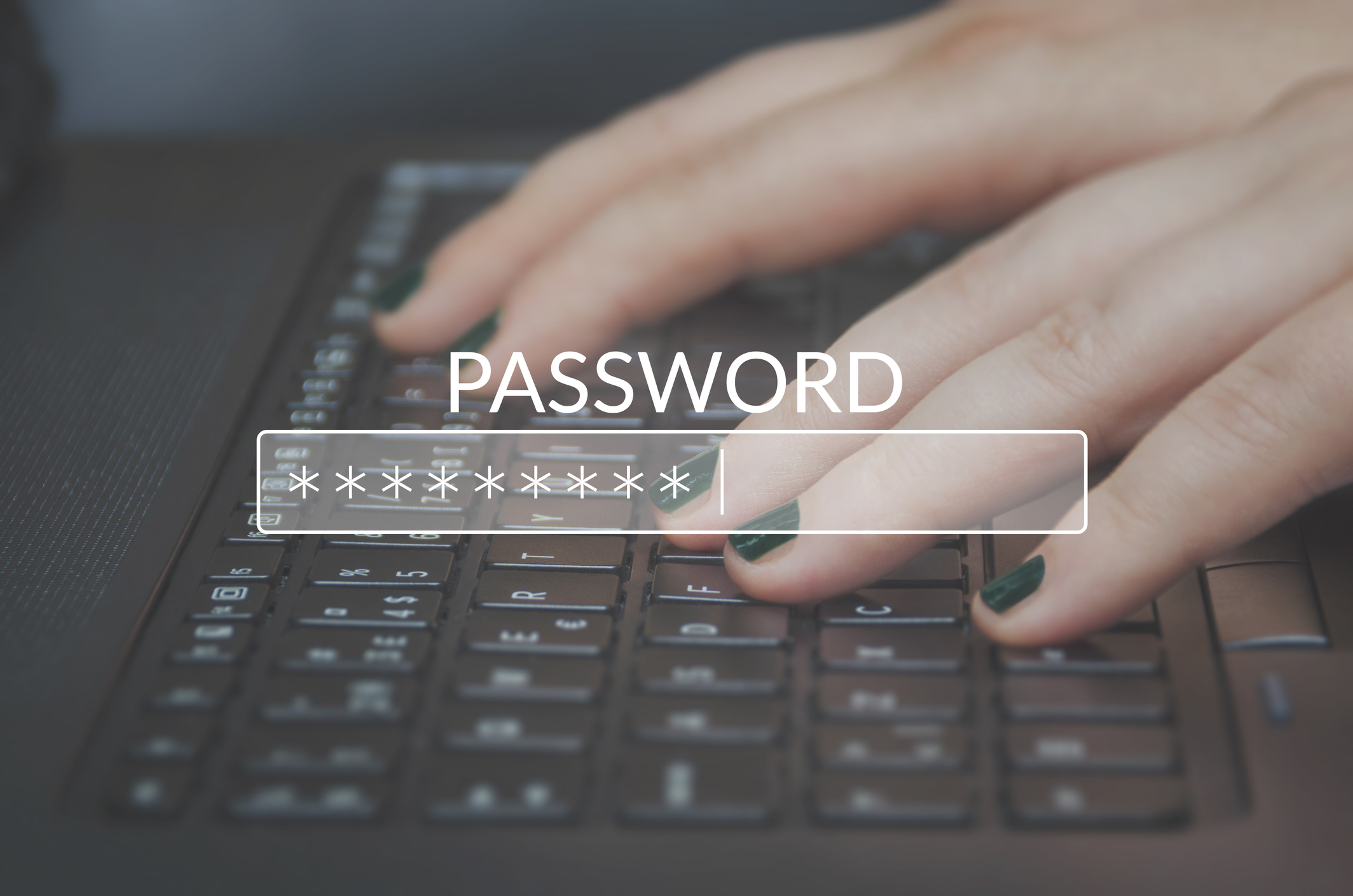
Strong Passwords
When choosing a new password, avoid simple passwords that can be easily hacked. For example, your password shouldn't include birthdays, family members' names, phone numbers, etc.

Save at the Pump
Learn easy, practical tips to save money at the pump—from smart driving habits to fuel rewards programs—to make every mile count.
.png)
Prize Scams
Prize scams are scams where fraudsters attempt to gain personal information or money by saying that you have won a fake prize or by tempting you to give up your personal information to enter a contest.
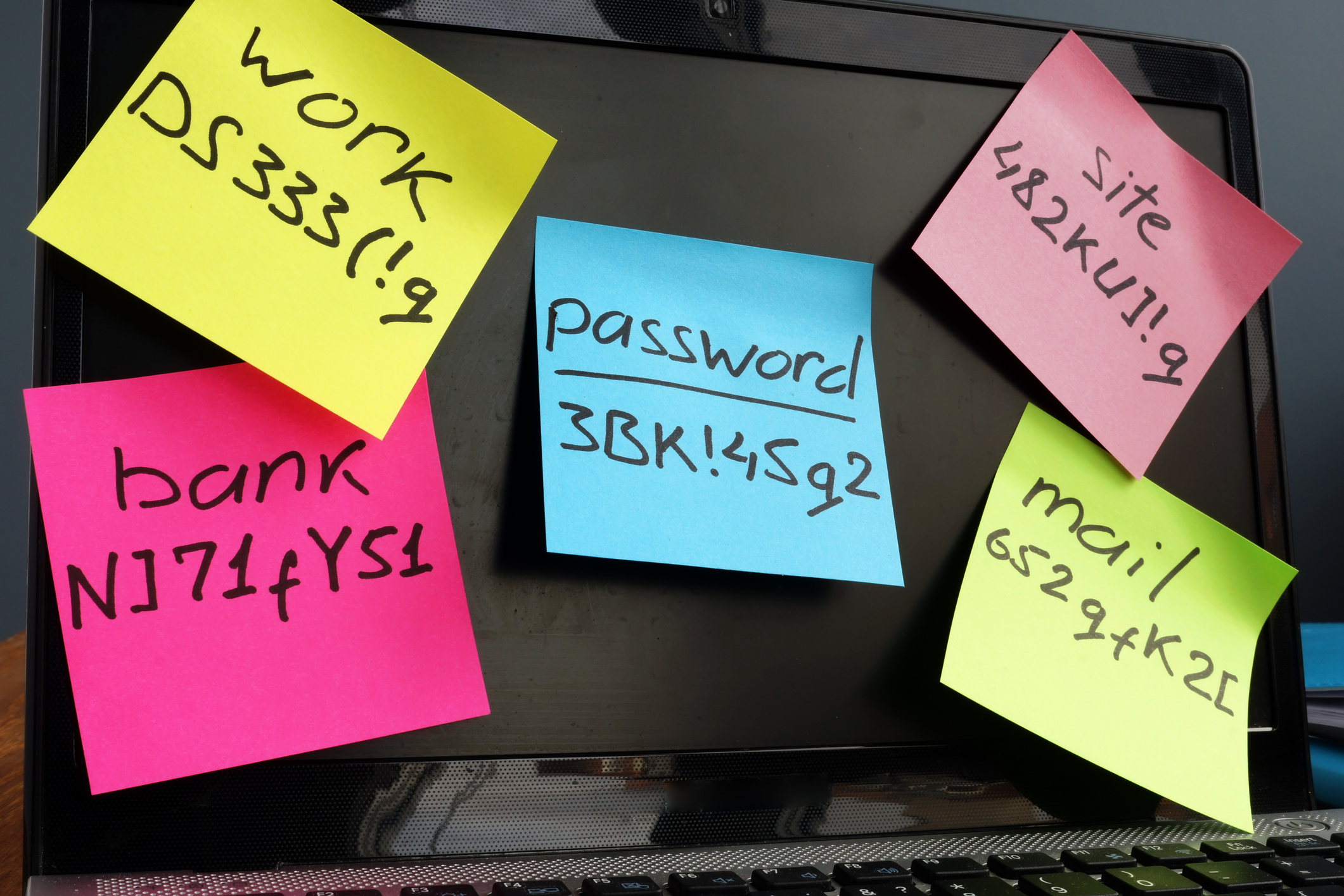
Do you reuse your passwords?
A leading cause of unauthorized access to accounts is the reuse of login credentials. If you use the same password for every account you have, a single account breach can grant a fraudster access to all of them.

Elder Financial Abuse Prevention
If you’re a friend or family member of a Maine senior, asking yourself these questions and recognizing the red flags may help you in preventing or responding to elder financial abuse

Identify and Avoid Elder Abuse Scams
With the prevalence of scams targeting seniors continuing to rise, it’s important for everyone to take proactive steps in protecting their older friends, family, and neighbors from falling victim.
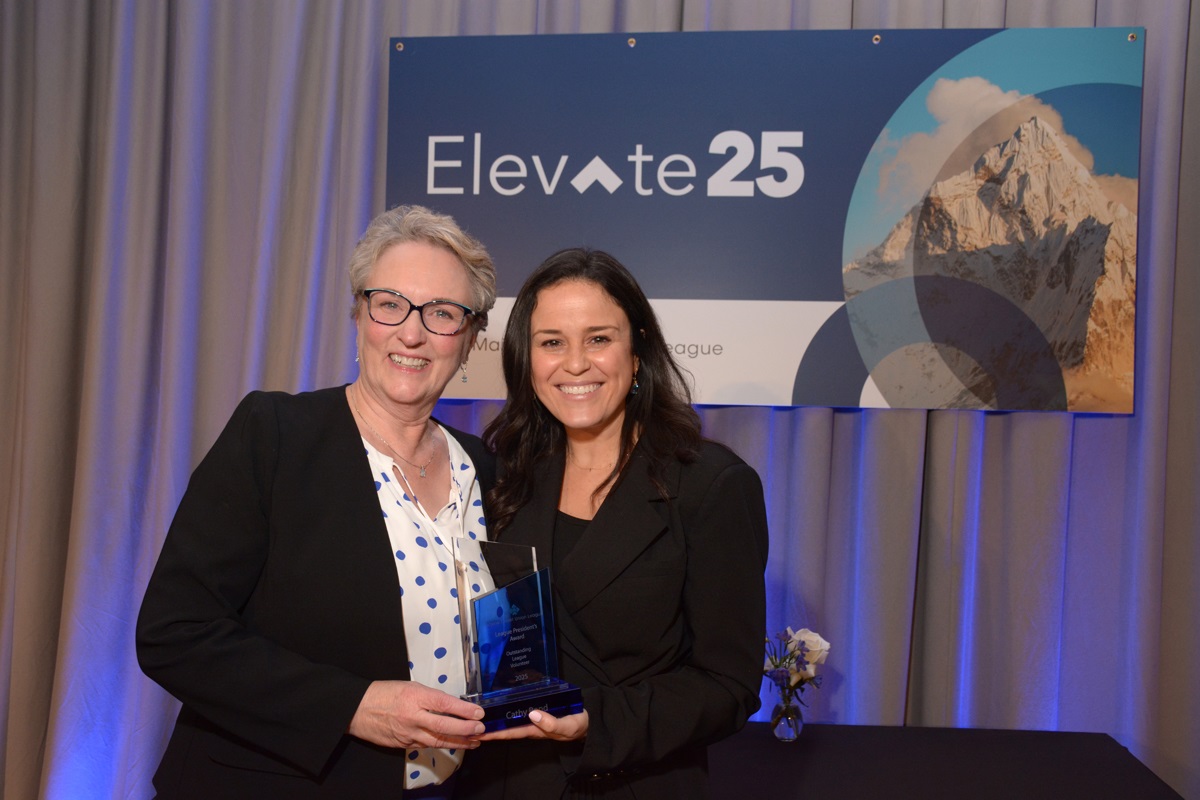
2025 League President’s Award
Congratulations to our CEO, Cathy Bond, for being this year’s recipient of the prestigious Maine Credit Union League President’s Award!

Student Loan Repayment
Student loans can be one of the scariest parts of graduating from college. We down repayment and refinance options to help new college graduates be prepared!

Tips for Recent College Grads
Stepping into the next chapter? We’ve put together some financial tips to help recent grads start strong.

CC's Saving Tips
CC the Owl has great tips to help our young members get started on their savings journey.

Youth Savings Program
April is Youth Month! Learn more about CC the Owl's youth savings program with deposit matching
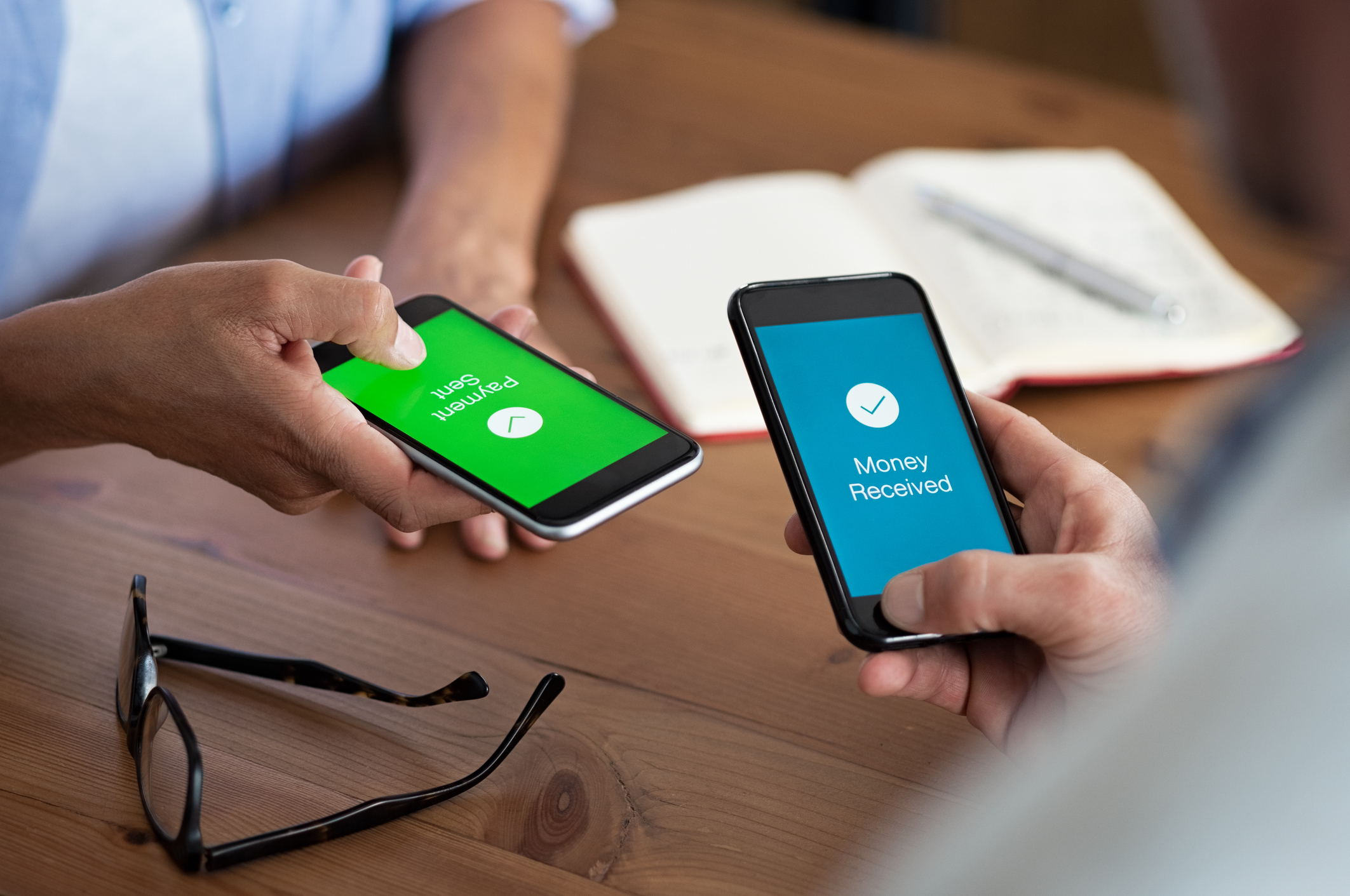
Mobile Payment App Fraud
Fraud occurring through Cash App, Venmo, and other similar Mobile Payment Apps is becoming more prevalent. Make sure you do not send money to someone you do not know and trust via a Mobile Payment App.

Brushing Scam
Have you ever received a package you didn’t order? While it might seem like a harmless mistake, it could be a Brushing Scam.
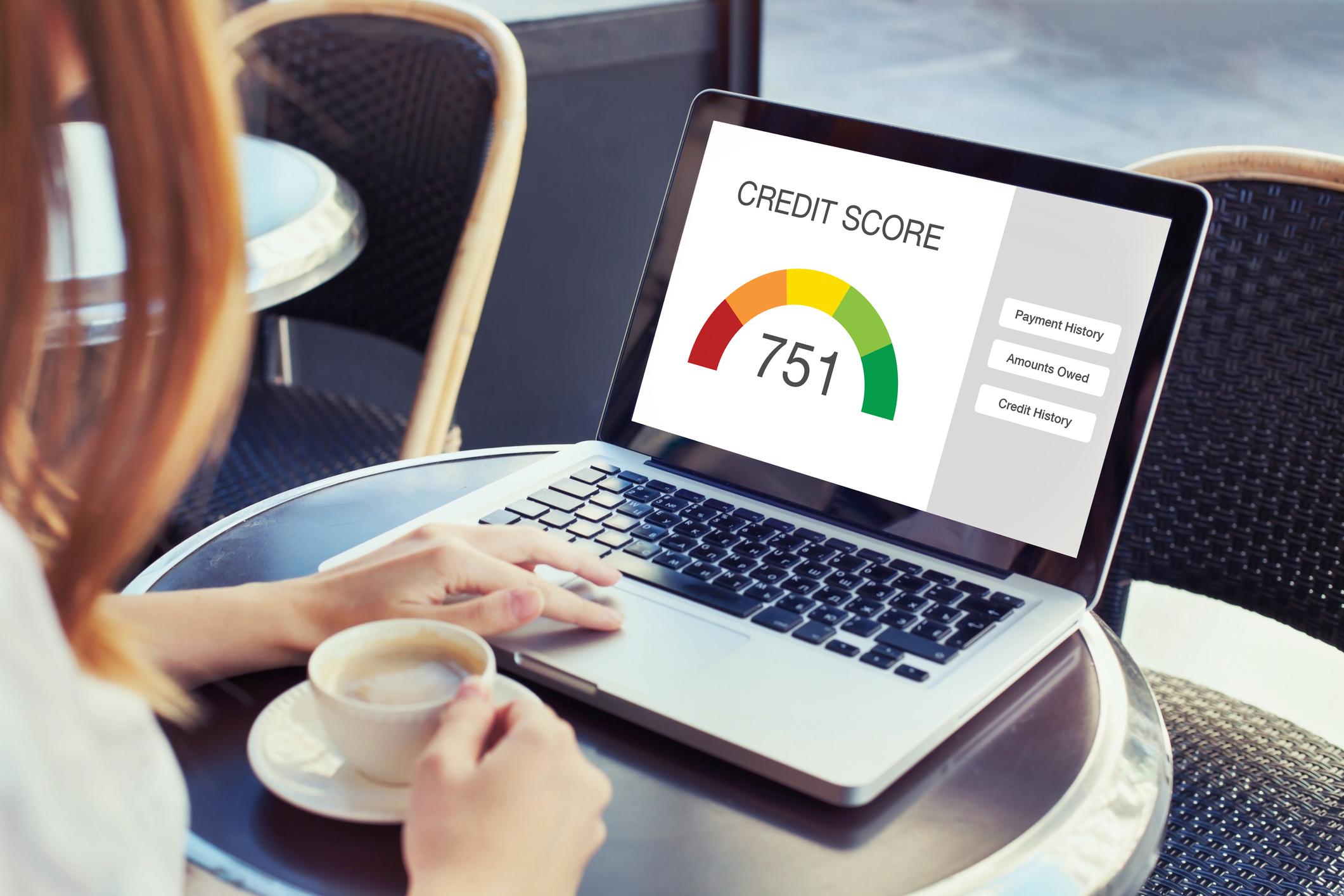
Freezing Your Credit
If you have been notified that your information may have been stolen in a data breach, you might consider freezing your credit.
.png)
Data Breach
A data breach occurs when a business or organization is hacked and a scammer steals a customer's personal data, such as credit and debit card numbers.
.png)
The Risks of Debt Relief Companies
Debt relief companies may seem like a solution to financial struggles, but they are often misleading. Working with debt relief companies can come with significant risks that could worsen your financial situation.

Check Fraud
Recently, many consumers have become victims of scams involving fraudulent checks. Checks have become an attractive vehicle for fraud when used for payments to consumers.
.png)
Multifactor Authentication (MFA)
MFA provides extra security for our online accounts and apps. This security could be a code sent via text or email or generated by an app, or biometrics like fingerprints and facial recognition.

Telephone Scams
Telephone scams include phone calls, robocalls, and text messages aimed at stealing your personal information or asking you to send large amounts of money.

Home Warranty Letter Scam
Be aware that fraudulent letters are circulating in Maine regarding your home's warranty. The letter will claim that your home warranty with Connected Credit Union will expire soon if you do not take immediate action.
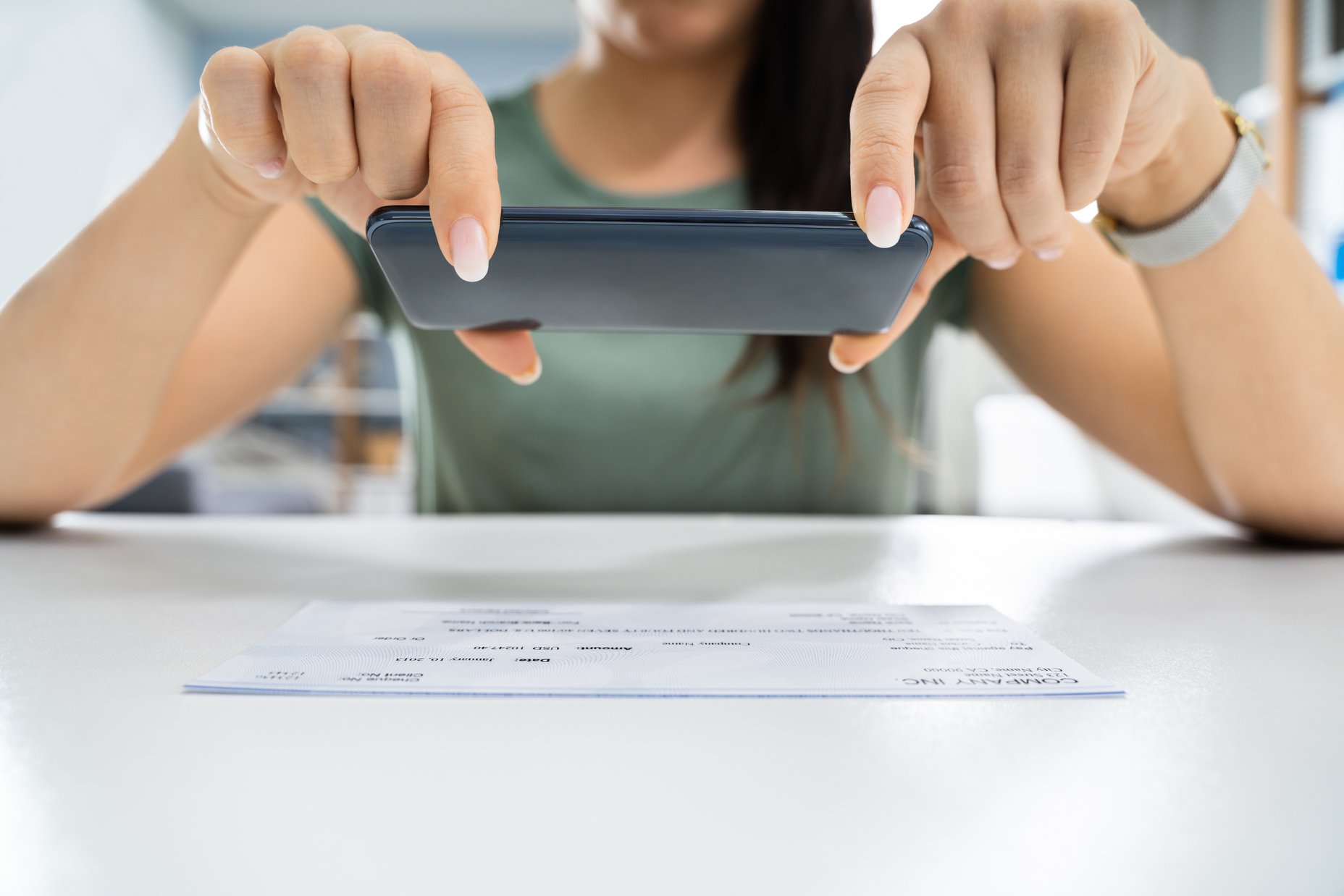
Mobile Deposit Scams
Scammers may ask you for your online banking information and promise to send you money by depositing it straight into your account for you. This is a scam!
.png)
Recognizing Scam Red Flags
Protect yourself from fraud by learning to recognize the common red flags of popular scams, such as fear tactics and unusual payment requests.

Popular Scams to Avoid
Protect yourself from fraud by learning how to avoid popular scams, such as imposter scams and prize scams.

Family Imposter Scams
If you get an unsuspected call from someone claiming to be a family member or friend asking you for money to help them out of an emergency, take pause before acting! This could be a scam.

E-Statements
Tired of all the clutter? Make the switch to e-statements today! Get started by enrolling under the documents tab in online banking!

Making Your Home Energy Efficient
Making your home more energy efficient isn't just an investment in your home; it's an investment in your lifestyle. An energy-efficient home means putting money back in your pocket.

Protect Yourself From Fraud
Learn how to protect yourself from fraud with simple steps like safeguarding personal information, recognizing suspicious activity, and staying informed about the latest scams.
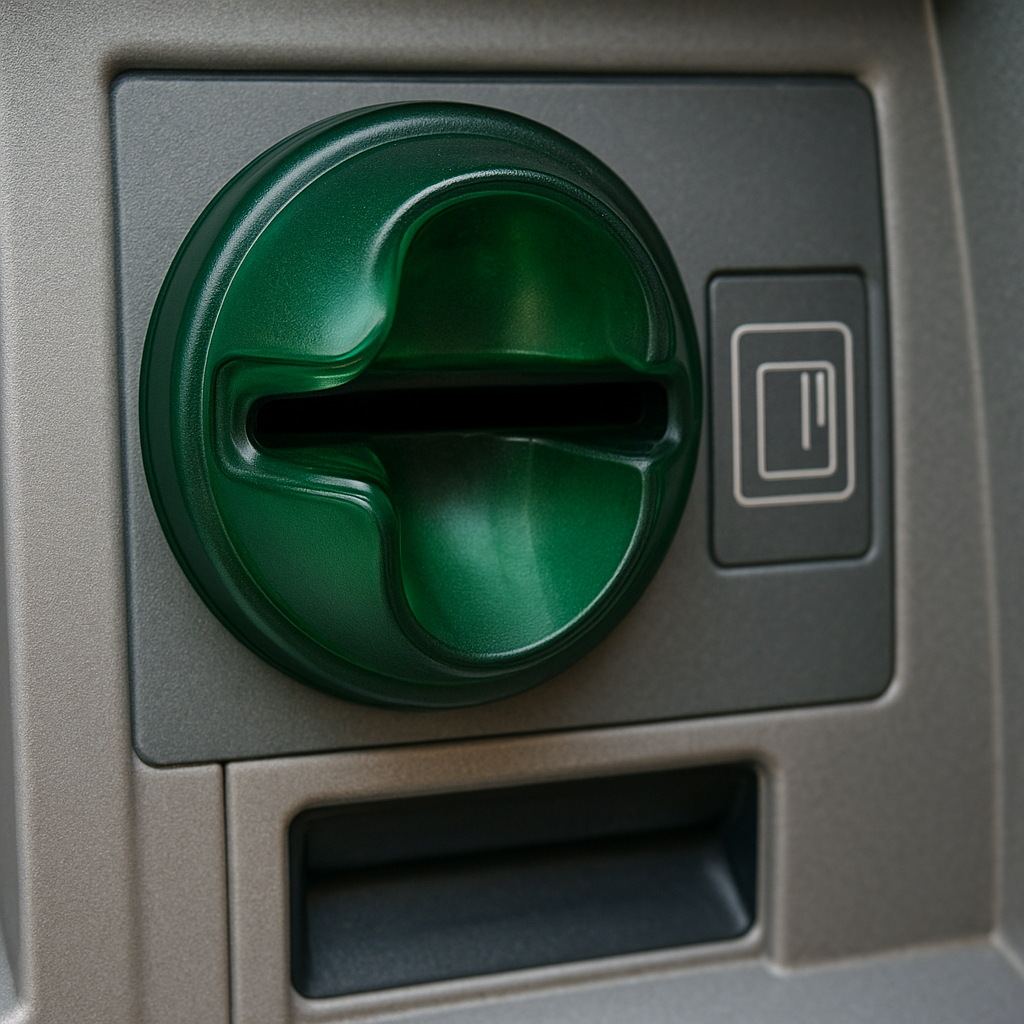
Protect Against Skimming
Skimming is the practice of fraudsters placing a popular tool called a skimmer over a legitimate card reader to steal your credit and debit card information. Scammers often put skimmers on public and easily accessible card readers at places such as gas stations or ATMs.

uChoose Rewards with PayPal
uChoose Rewards is now better than ever with the ability to Pay with Rewards when you check out with PayPal. Just add your uChoose Rewards-enrolled debit card to your PayPal wallet!

Affordable College
College financial aid letters force many students into making hard decisions. If your dream college or university isn’t offering enough financial aid, should you take on more debt to pay for your education there, or fall back to a more affordable school?
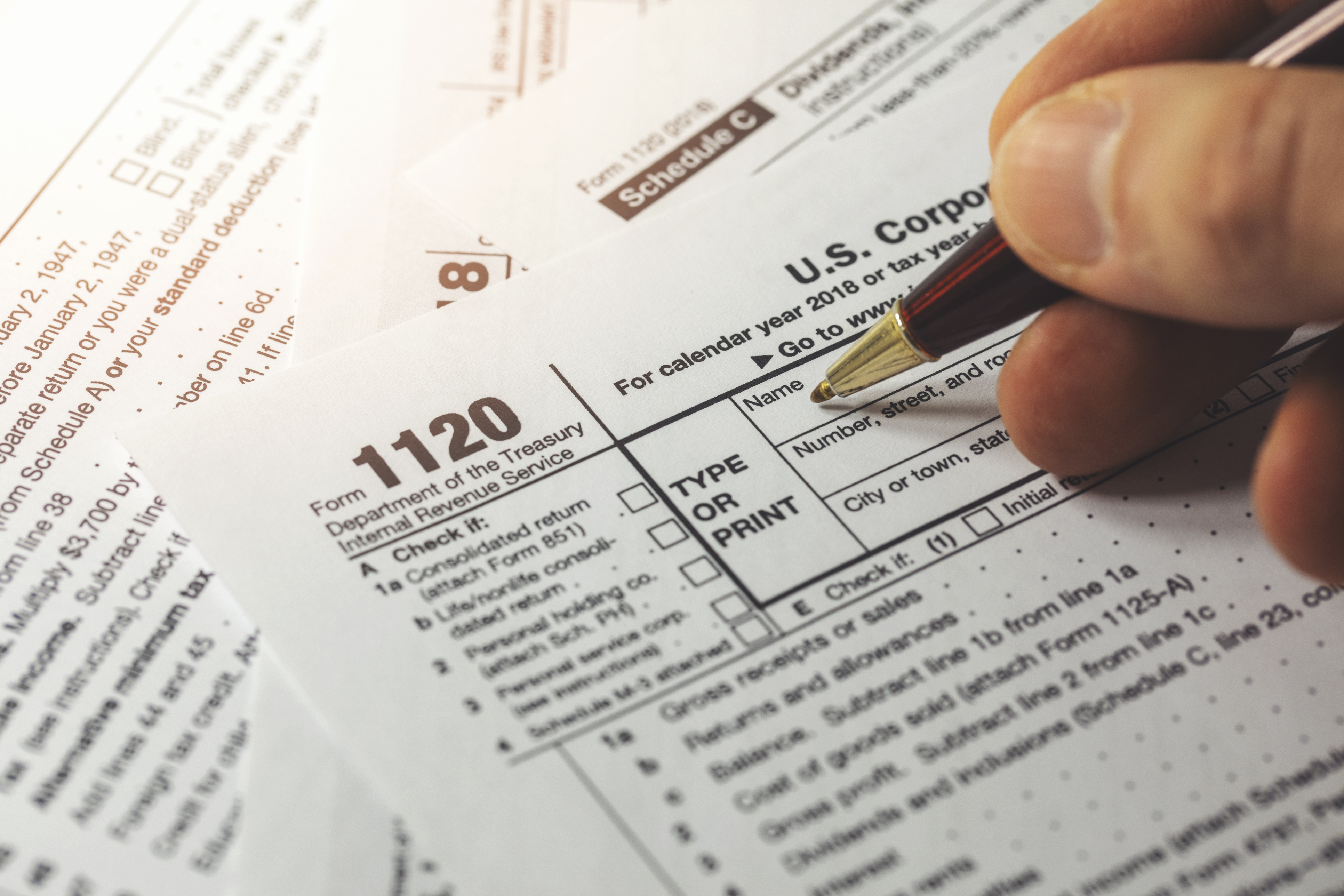
File Your Taxes Early
If you traditionally wait until the last minute to file your taxes, make it a goal to do so earlier. We've got four reasons why you should file your taxes early this year!
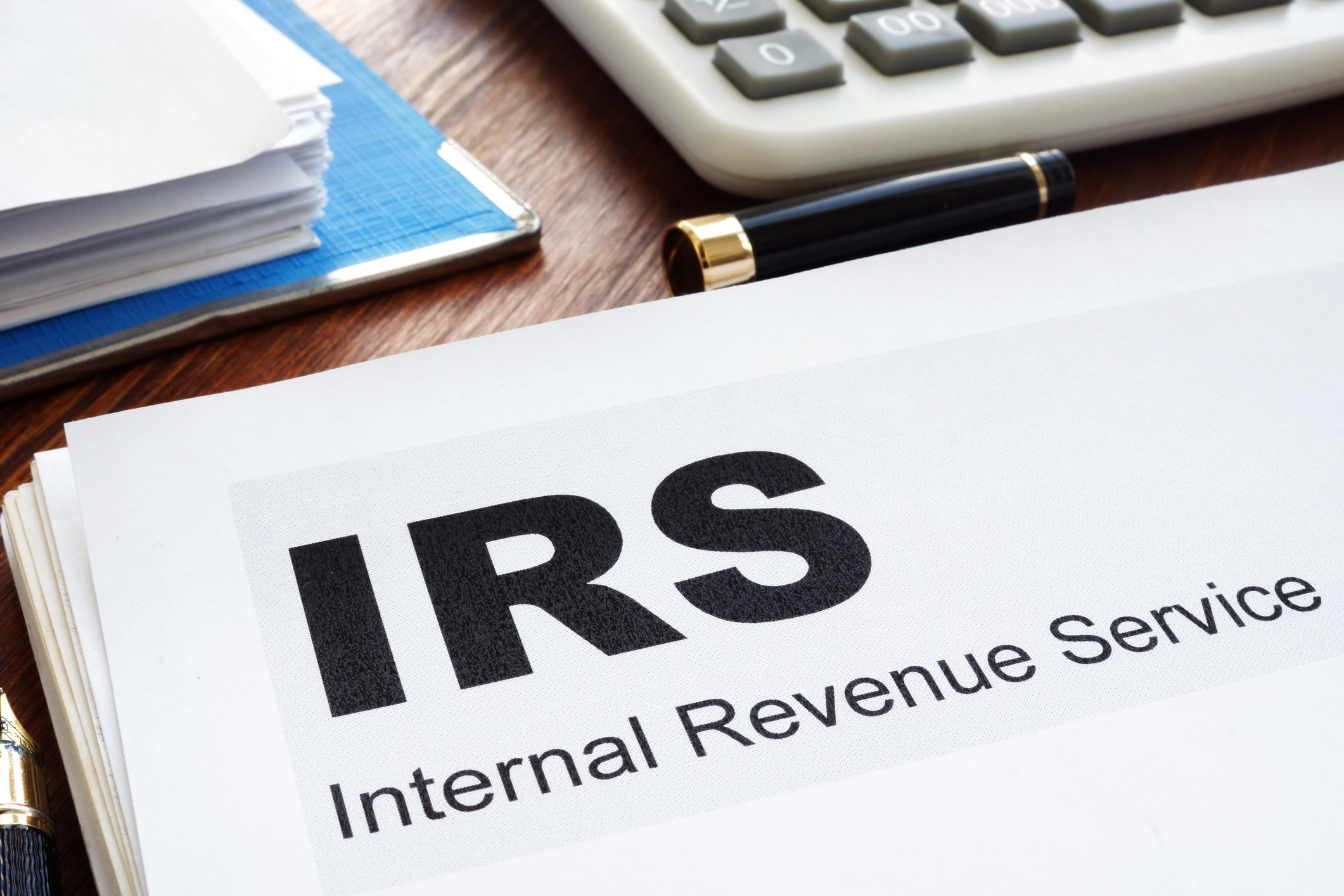
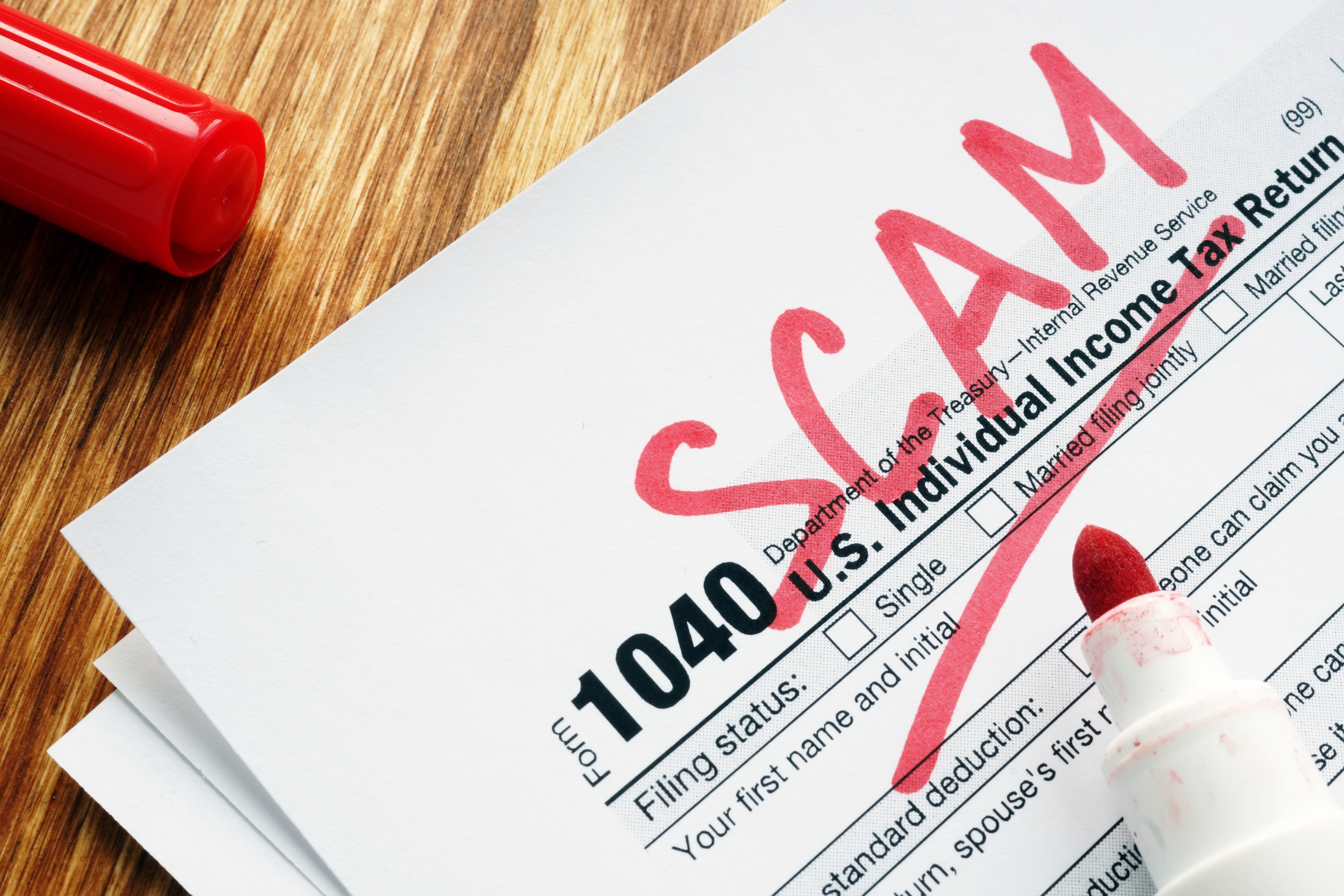

New Scam Targeting Members
Connected Credit Union has seen an increase in scams targeting our members over the past month. The newest scam is a phone scam where members are told that Connected Credit Union is being investigated by a federal agency.

Brute Force Attacks
A brute force attack occurs when fraudsters use trial and error to gain your card information after infiltrating a merchant's payment system.

Benefits of Shared Branching
With Shared Branching you are able to access your Connected Credit Union account at any participating credit union like it is one of our branches.
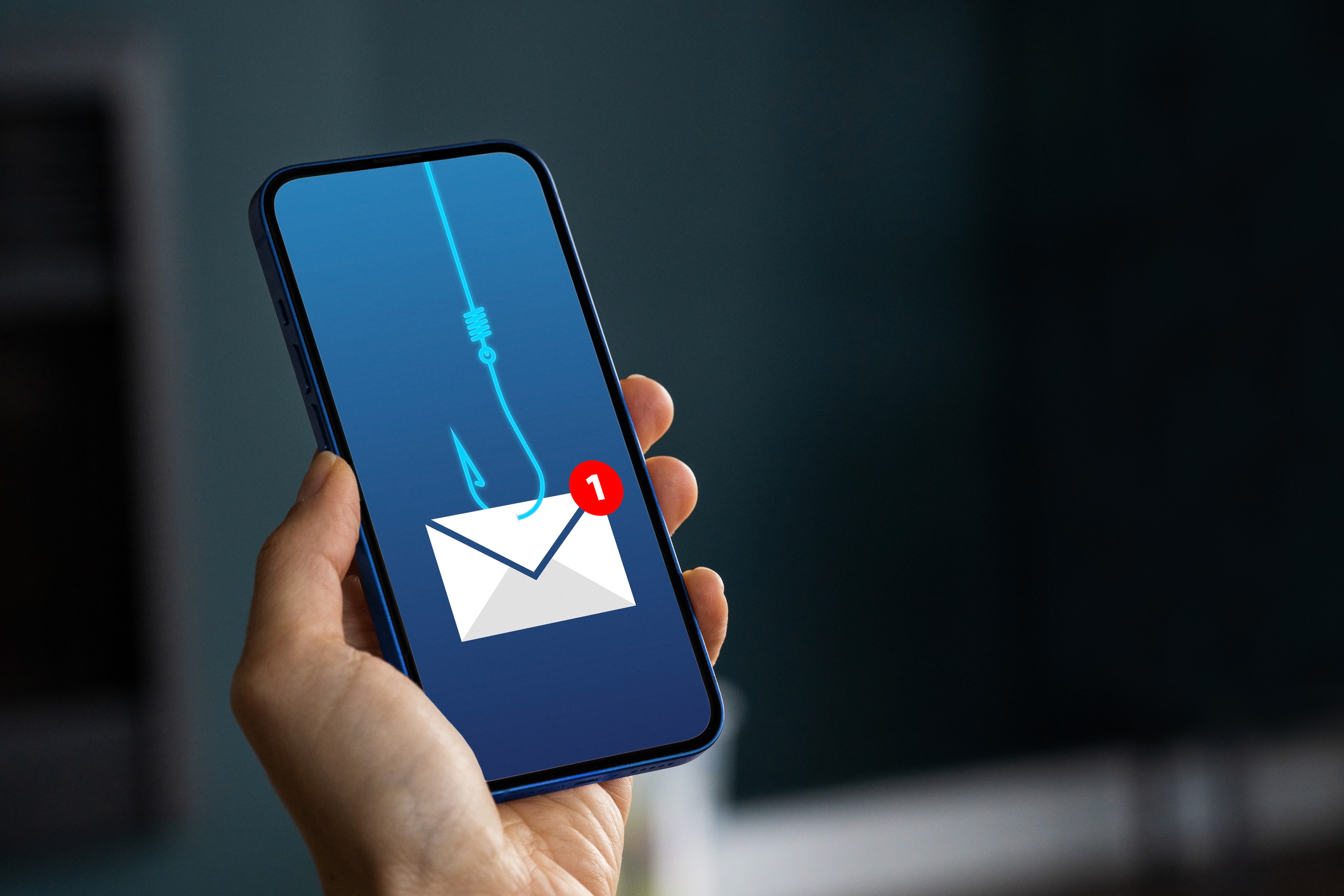
Phishing Scams
Phishing scams are emails sent by scammers that attempt to steal your personal information or download malware onto your computer or device.
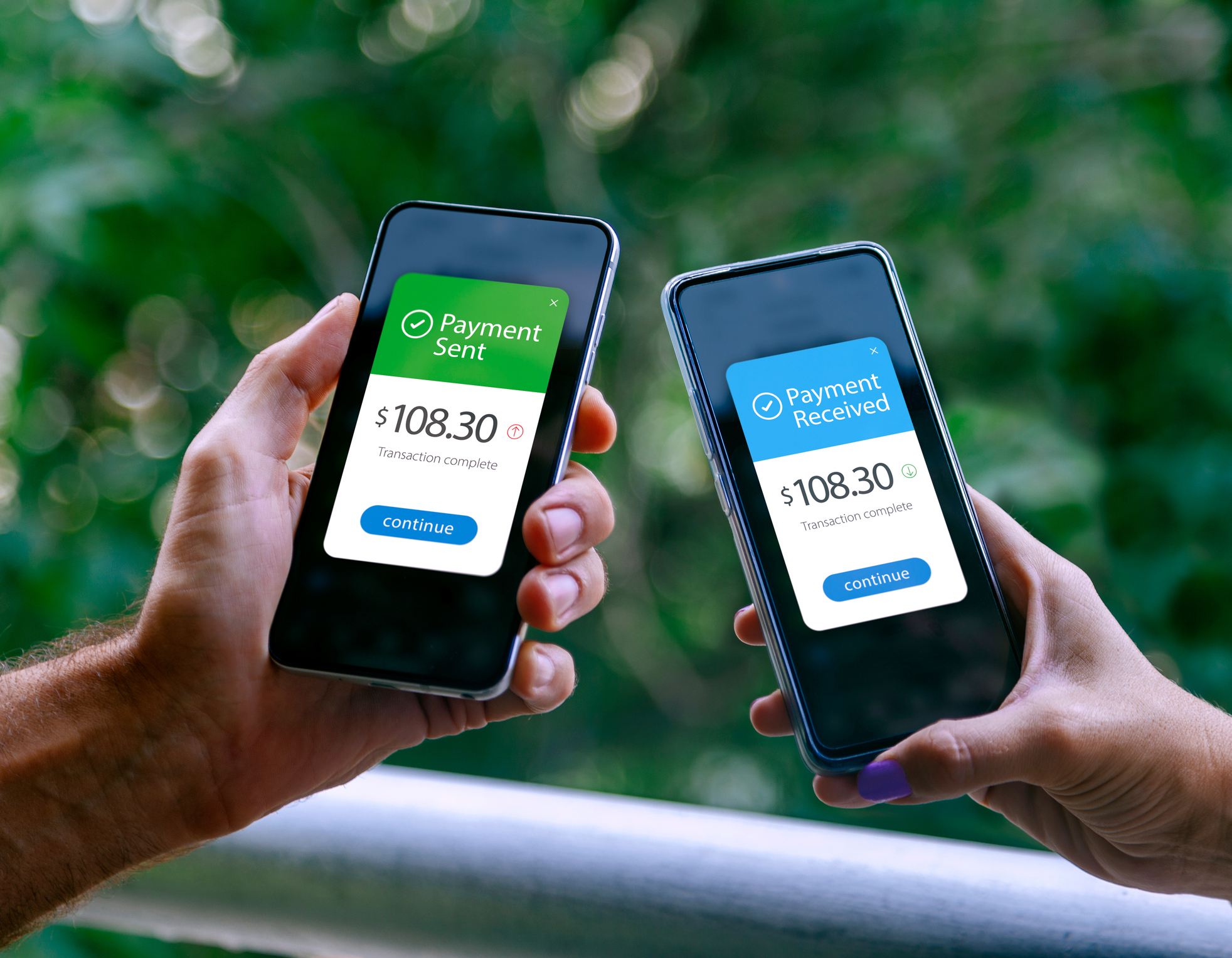
Linking to Payment Platforms
Looking for a quick and easy way to add your Connected Credit Union account to payment apps such as PayPal and Venmo? See how in a few easy steps!

Beneficiary vs. Joint Owner
Do you know the difference between having a joint owner and a beneficiary on all of your accounts? We break it down for you in simple terms here.
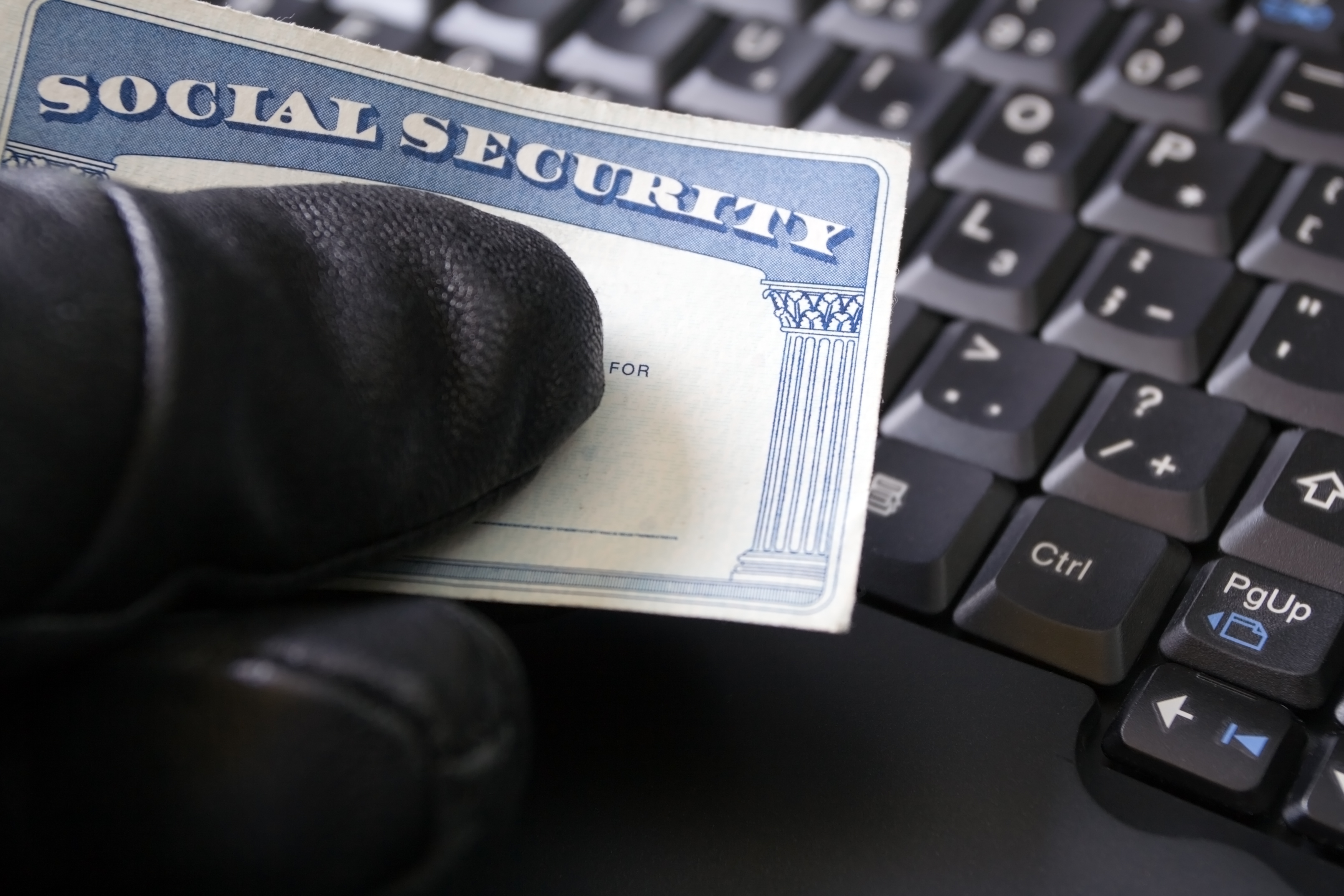
Avoid Becoming a Victim of Identity Theft
Identity theft happens when a scammer has stolen your personal information and pretends to be you to apply for credit or make purchases.

Online and Mobile Banking
Our Digital Banking Platform is a safe, online banking service with multiple levels of security. Real-time information offers you the convenience of performing many personal banking functions whether you’re at home or on the road.

Soft Pull vs. Hard Pull
Do you know the difference between soft pulls of your credit score and hard pulls? We break down both types of credit inquiries.
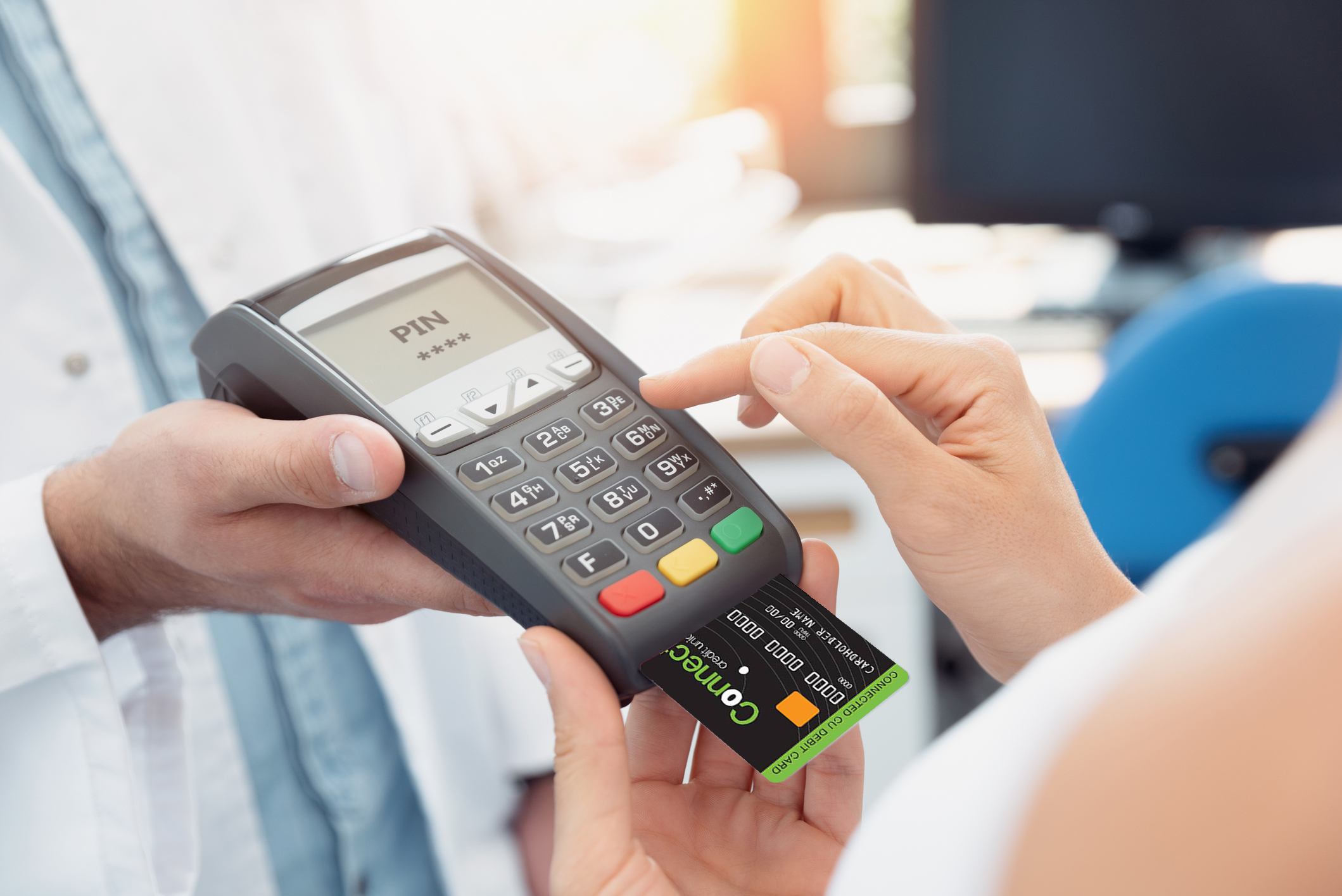
Running Debit as Credit
Learn the difference between running your debit card as credit, how it affects transaction processing, and what it means for your security and spending.
.jpg)
Become a Member
Connected Credit Union’s field of membership is for anyone who lives, works, worships, or attends school in Kennebec, Somerset, Lincoln, and Waldo Counties as well as all those who are eligible to become members of the Maine Education Association.

Credit and Debit Card Scams
Stay protected by recognizing common card scams and knowing how to respond if your card information is compromised.
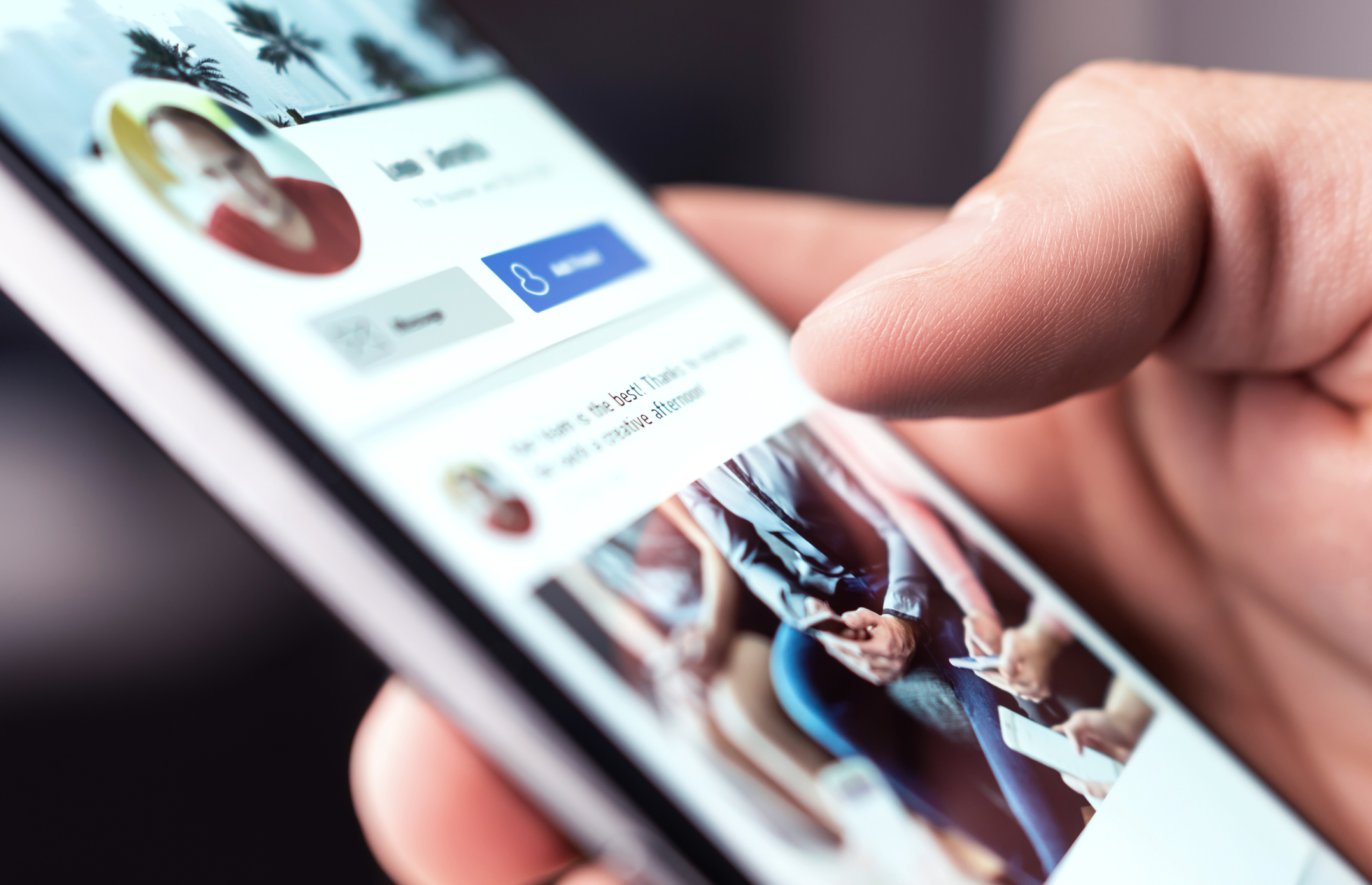
Social Media Scams
Social media scams often appear as impersonation accounts or suspicious links. Learn how to spot the signs and keep your accounts and money safe.

Buy vs. Lease
Not sure whether to buy or lease your next vehicle? We break down the important things you should consider with each option.

Financing a Vehicle
Get smart about financing your vehicle with tips on budgeting, comparing loan options, understanding interest rates, and securing the best deal for your needs.

Personal Finance Apps
If you use a personal finance app, such as RobinHood, CashApp, Venmo, Paypal, and more, there are some important steps you can take to protect your personal data.
.jpg)
Online Banking Scams
Learn how to recognize the warning signs of online banking scams and keep your accounts secure.
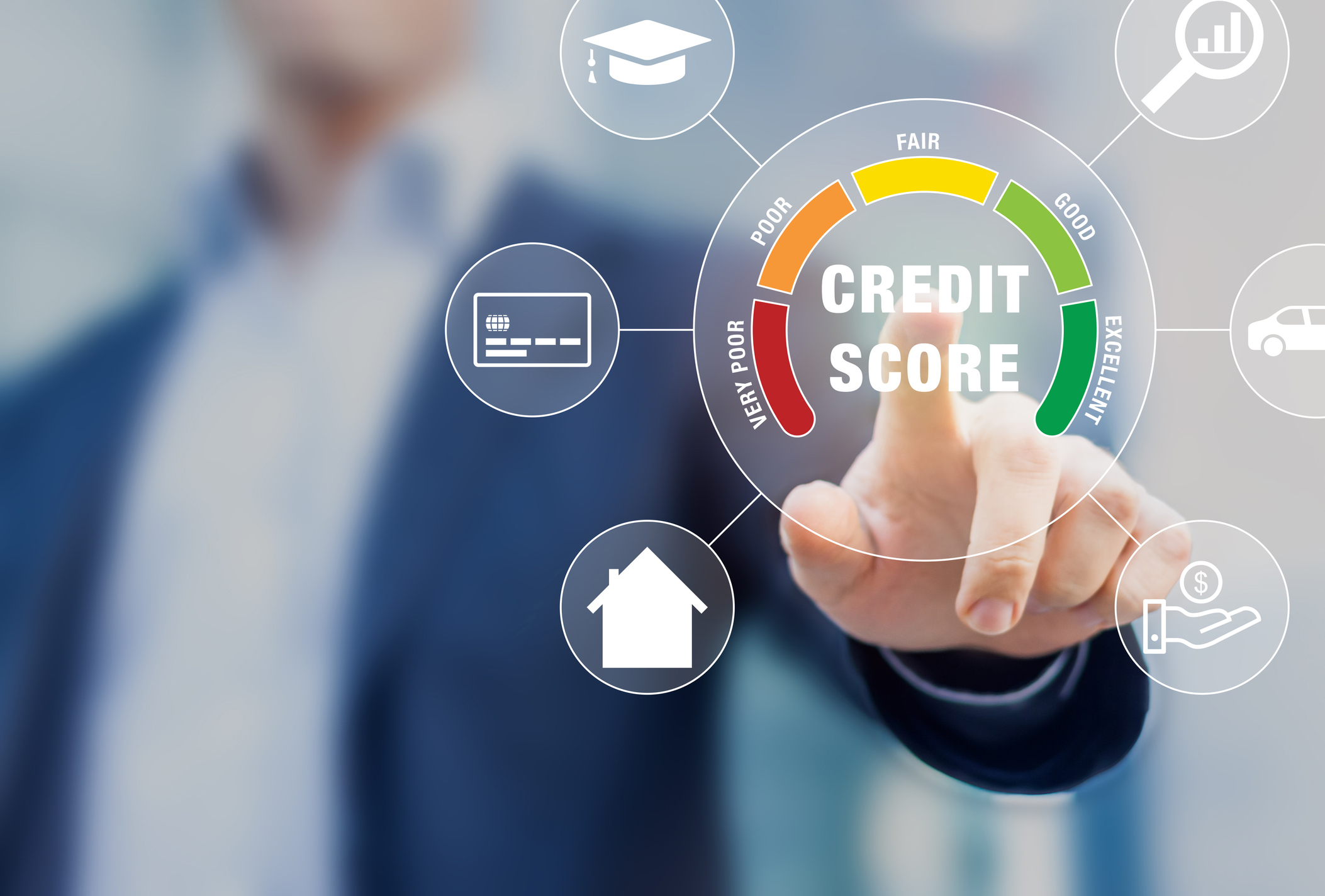
YOUR FICO SCORE AND YOU
A FICO® score is a type of credit score created by the Fair Isaac Corporation. Lenders use borrowers’ FICO scores along with other details on borrowers’ credit reports to assess credit risk and determine whether to extend credit.

Budgeting made easy!
Creating your budget can be hard, and following it can seem even harder. With so many different types of budgets you can use, choosing one that will work for you may seem impossible. We’ve got three popular and helpful budgets that suit different types of financial goals and personalities.






